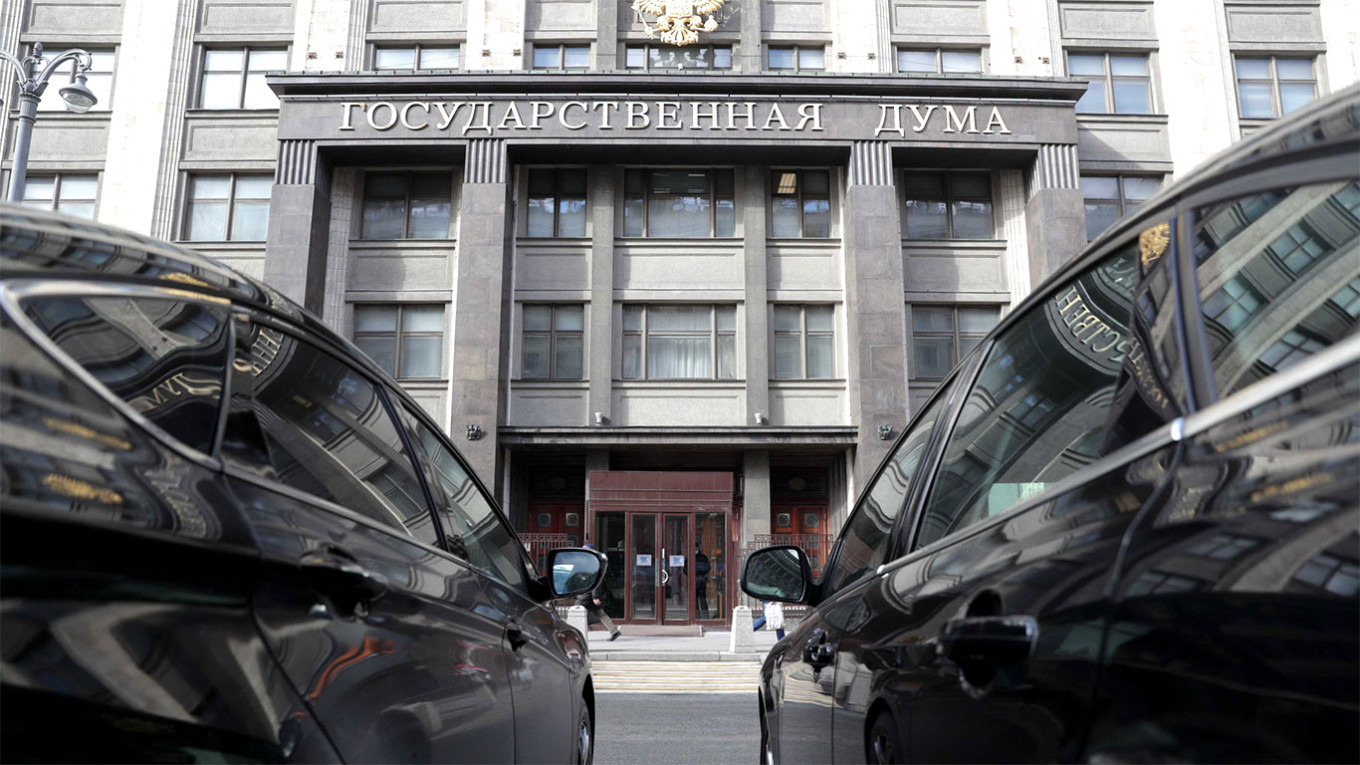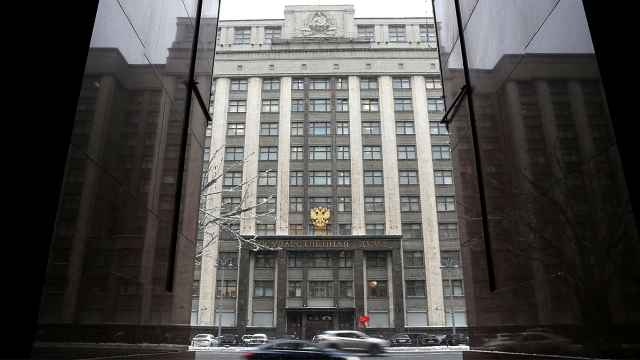The speaker of Russia's lower house of parliament said that lawmakers will ditch their foreign-made cars for domestic car brands, Interfax reported Friday.
“We discussed with the heads of the State Duma factions the issue of the use of domestically assembled cars by deputies. Everyone supports this decision. We agreed that the deputies will use Moskvitch, Lada, Aurus cars," State Duma Speaker Vyacheslav Volodin was quoted as saying by Interfax.
He added that lawmakers will in September begin transitioning to driving on domestic-made vehicles such as the Moskvitch, Lada and Volga.
Russia’s car manufacturing industry has been one of the hardest-hit sectors by sanctions and the mass exodus of foreign companies from the country.
Amid the departure of foreign automakers — including Renault, Toyota and Volkswagen — from the country, Moscow has sought to bolster domestic car manufacturing.
Volodin said production would soon start for a new model of the Volga, a car popular among the Soviet nomenklatura in the U.S.S.R.
The State Duma speaker’s announcement comes just a day after President Vladimir Putin demanded that officials stop purchasing foreign-made cars and called on officials to use domestic-made vehicles for their transportation needs.
“[Government] ministries, departments and agencies have asked to continue purchasing... foreign-made cars. It’s out of the question,” he said, noting that officials may have to get used to vehicles that are “more modest.”
Government purchases of foreign cars in Russia more than doubled in the first six months of 2023, the state-run TASS news agency reported Friday.
In 2018, Putin swapped his usual Mercedes with the Russian-made Aurus limousine for the presidential state vehicle.
A Message from The Moscow Times:
Dear readers,
We are facing unprecedented challenges. Russia's Prosecutor General's Office has designated The Moscow Times as an "undesirable" organization, criminalizing our work and putting our staff at risk of prosecution. This follows our earlier unjust labeling as a "foreign agent."
These actions are direct attempts to silence independent journalism in Russia. The authorities claim our work "discredits the decisions of the Russian leadership." We see things differently: we strive to provide accurate, unbiased reporting on Russia.
We, the journalists of The Moscow Times, refuse to be silenced. But to continue our work, we need your help.
Your support, no matter how small, makes a world of difference. If you can, please support us monthly starting from just $2. It's quick to set up, and every contribution makes a significant impact.
By supporting The Moscow Times, you're defending open, independent journalism in the face of repression. Thank you for standing with us.
Remind me later.






